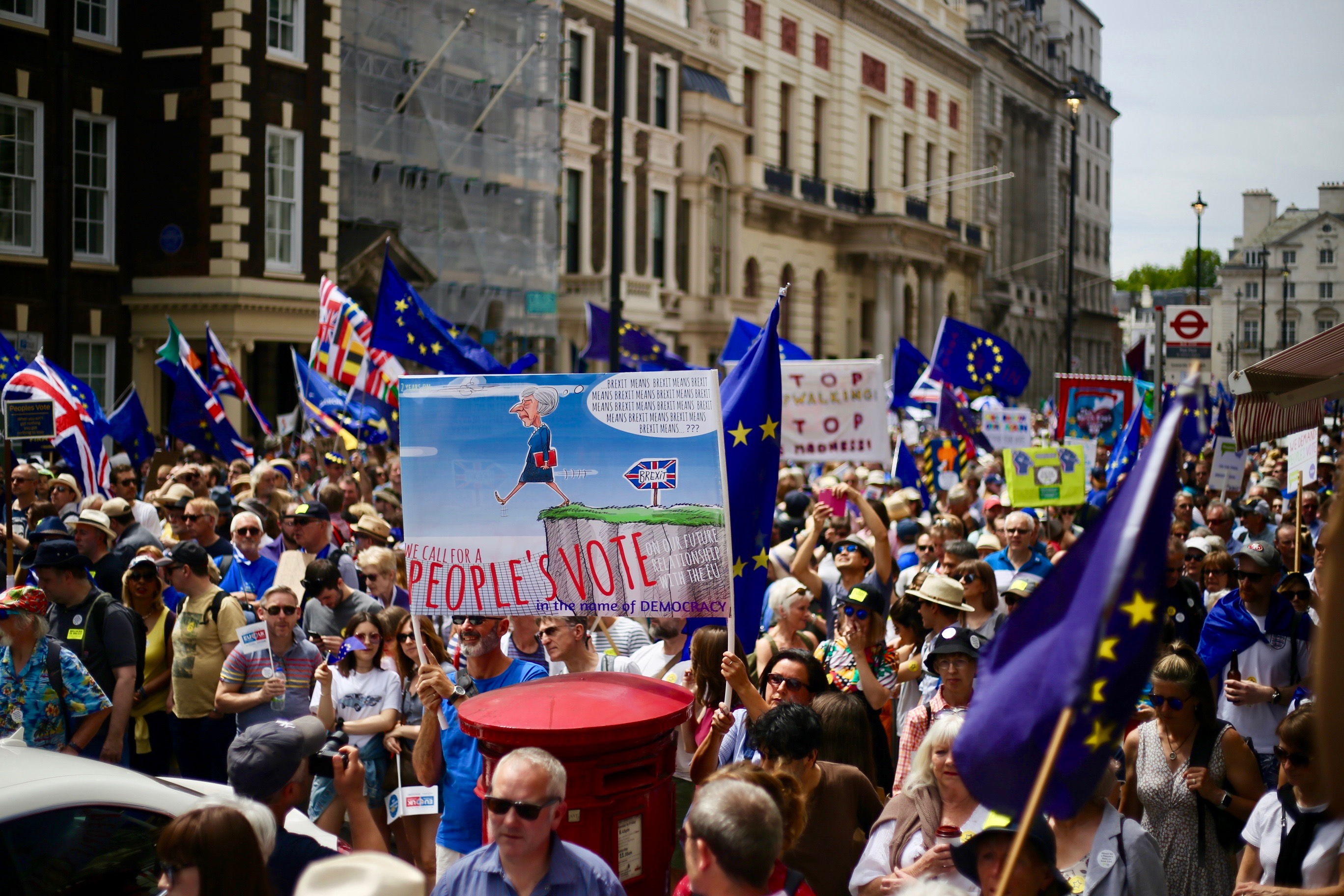A conference organised by ‘The UK in a Changing Europe’ (ukandeu.ac.uk) on 8 February provided a rare occasion for leading journalists, broadcasters, and academics to exchange experiences and views on how the EU is reported in the UK and the challenges or reporting EU news.
The day ended with the fourth panel and with a fascinating exchange between journalists at the Telegraph, Sky News, The Economist and FT, chaired by Sean Klein, former Brussels bureau chief for the BBC, drawing on their experiences as Brussels correspondents. Oliver Baisnée from the Institut d’Etudes Politiques de Toulouse opened the session by outlining the EU blame game: national politicians blame ‘Brussels’ for a decision they themselves have agreed on, ‘Brussels’ blames journalists for not covering EU processes properly, and journalists blame the public for not being interested in EU policies.
The correspondents pointed to various challenges. For Anton La Guardia, the Economist, having to devote valuable column space to explaining the issue before reporting it was a problem, as was the national focus of EU news, and the absence of colour: ‘In EU reporting you have no recognised symbols, few personalities and very dry subjects, which makes it very difficult to report on any particular day’. For the FT’s Josh Chaffin, the strong diplomatic culture in Brussels, manifested by a tendency to minimize conflict, led to a suppression of normal politics and therefore newsworthy drama. Robert Nisbet, Sky News, highlighted the battle in the newsroom between the domestic reporters who follow politicians abroad for summits and those based in Brussels who have the real insider knowledge. The Telegraph’s Matthew Holehouse brought the day to a close on a mischievous note. He observed that: ‘The great joy in covering Brussels is that it’s anarchic in comparison to Westminster…To have 28 governments, the Council and the Commission all giving briefings, and in a city in which paperwork and documents are traded like cigarettes in prison, is a delightful change in culture for a journalist’.





